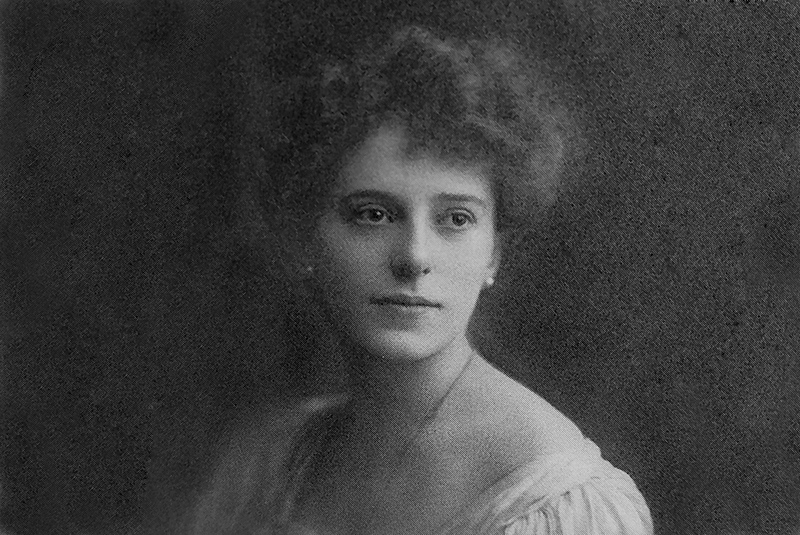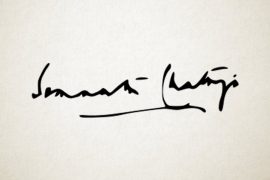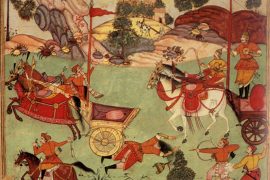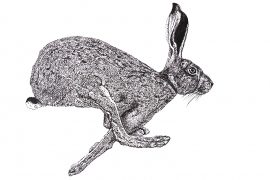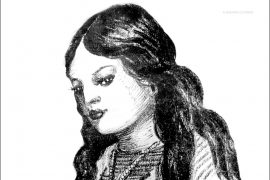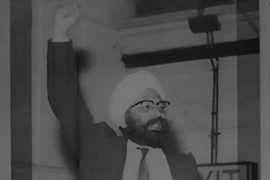In the early nineteenth century, when ‘too much intellectual activity’ was considered to be ‘detrimental’ for women, Rachel Beer became the first and only woman to own and edit two of Britain’s national newspapers–the Sunday Times and The Observer. She is, as authors Yehuda Koren and Eilat Negev call, the ‘First Lady of Fleet Street.’
Her approach to journalism is a rare combination of idealism and innovation. Almost two centuries before cat videos went viral on the internet, Rachel published cat stories as leads. Gauging the readers’ interest, she introduced news on horse-racing, financial information, music and sport, coupled with innovative ‘prize-winning’ options that encouraged readers to buy more copies.
On the one hand, she was a superb strategist with a sharp commercial acumen. On the other, she was an idealist who took a fiercely independent approach to journalism. Under her editorship, the Sunday Times moved from a conservative to an independent publication. As the Newspapers’ Press Directory and Advertisers Guild wrote:
It is essentially a political, literary, musical, dramatic, fashionable and sporting newspaper … with more variety in its contents than class papers usually present.
Very soon, Rachel was also entrusted with editing The Observer. Under her editorship, they broke a story that can now be called a ‘world exclusive’–the revelation, in 1896, that the document that had been used to convict the French military officer Alfred Dreyfus for treason was a forgery by his fellow officer.
Copyright©Madras Courier, All Rights Reserved. You may share using our article tools. Please don't cut articles from madrascourier.com and redistribute by email, post to the web, mobile phone or social media.Please send in your feed back and comments to [email protected]

